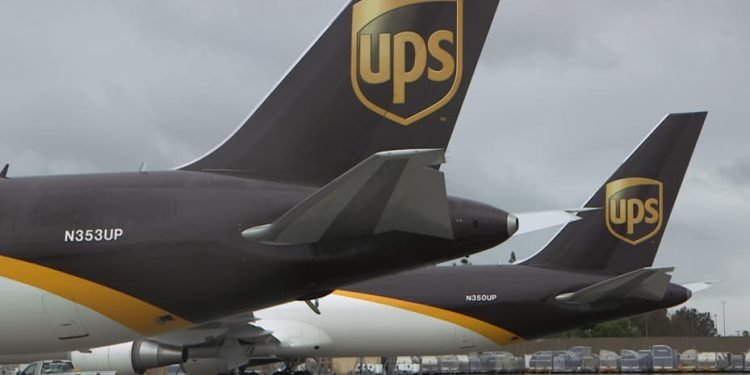In a significant shift, Atlanta-based shipping giant UPS has been awarded the new primary air cargo contract for the United States Postal Service (USPS), according to an announcement made on Monday. This move marks a major expansion of their existing partnership and will see UPS handle the majority of USPS’s domestic air cargo shipments following a transition period.
The previous contract holder, FedEx Corp., was unable to reach mutually beneficial terms for an extension, paving the way for UPS to step in. Financial details of the new deal remain undisclosed, but it’s confirmed to be a multi-year agreement with a minimum duration of five and a half years.
This development signifies a strategic move for both parties. For UPS, it represents a substantial boost to its air cargo business, solidifying its position as a leader in the domestic market. The USPS, on the other hand, benefits from UPS’s extensive network and proven track record in air freight transportation.
While the USPS has been focusing on cost-saving measures through ground transportation, the demand for air cargo continues its upward trajectory globally. This trend, coupled with UPS’s robust air logistics infrastructure, is expected to ensure efficient and timely movement of mail and packages across the US.
The announcement has already caused ripples in the stock market, with UPS experiencing a slight dip and FedEx seeing a more significant decline of nearly 3%. This suggests investors are anticipating a potential shift in market share within the air cargo industry.
The transition from FedEx to UPS will take place after a designated period to ensure a smooth handover and minimal disruption to USPS operations. Customers can expect continued reliable service for their airmail and expedited package deliveries.
This new partnership between UPS and the USPS is a significant development for the air cargo industry. It remains to be seen how this agreement will impact the overall market landscape in the long run, but one thing is certain: the skies above the US are about to get a whole lot busier for UPS.























